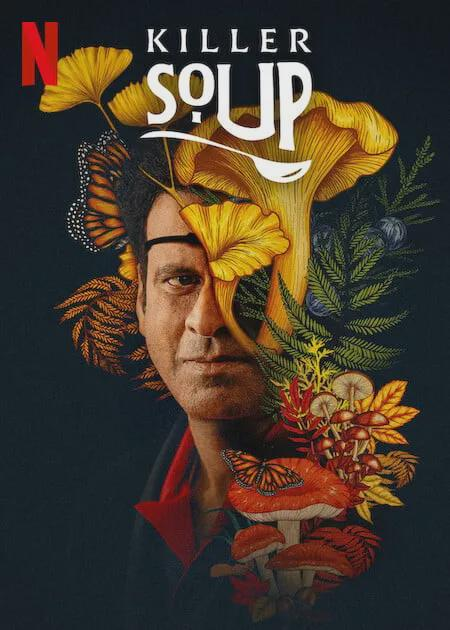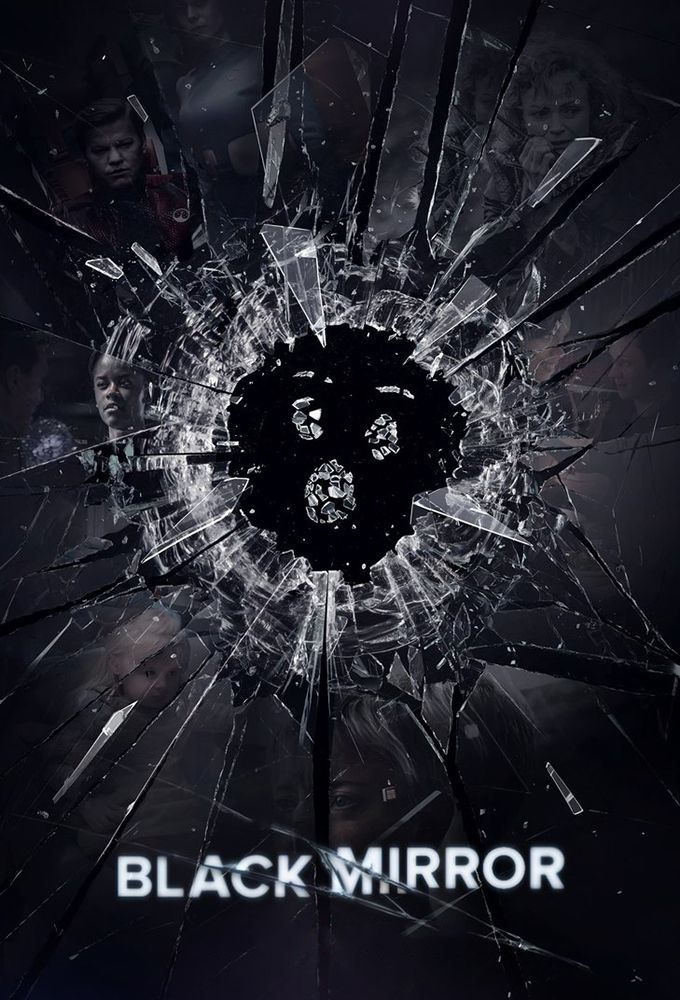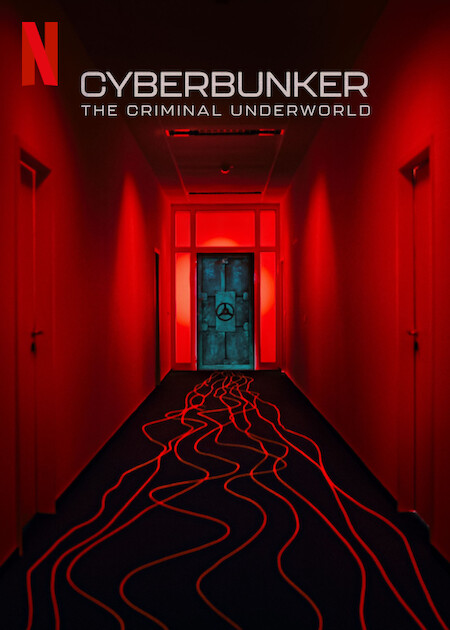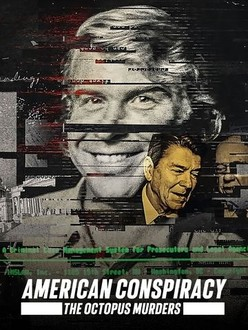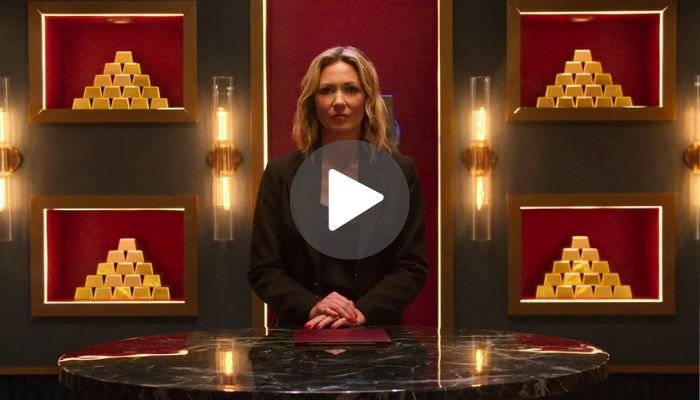
The Trust: A Game of Greed is a reality TV show made up of spare parts from its peers and the newest “social experiment” on record.
In this case, ten people from different professions and age groups are given $250,000 to share. “They all start as winners and they can all leave as winners … if they share,” says Brooke Baldwin, the former CNN host who serves as presenter. All they need to do is trust one another enough to split the money — even when that trust is tested by a series of provocations that ask them to rank each other by intelligence or vote on who has been most promiscuous.
The Trust: A Game of Greed gives itself away with its subtitle. You cannot claim to be a game of greed and then pose the question ‘will these contestants push for utopia?’ This is not some resource-sharing, money-allocating-to-the-greatest-need kind of program. It’s a show that presupposes Hobbes was right about human nature; it only works if people will screw each other over when presented with a “life-changing” sum of cash. Play fair? Stick to the plan? “The world doesn’t work that way,” one player says grimly.
The size of the prize pot and the lengths people are expected to go for it screams Squid Game: The Challenge. The setting feels like Love Is Blind meets Love Island meets Survivor — as does the “trust ceremony,” in which contestants must tell Baldwin whether they will vote someone out of the house (and thus increase their share of the pot) or refuse to do so. They live together throughout, Big Brother-style, which leads to fast friendships and talk about how much they love one another and will always be family after just 24 hours.
Its closest relative, though, is The Traitors. The Trust plays like a knockoff handbag version of that hit show — same font on the logo but the brand name is spelled “Traytors” and the zipper falls off when you touch it. They argue around a table about who they will vote for and who deserves to go. Then they hike up to a cliff and, well, do everything they said they wouldn’t.
Like The Traitors, The Trust demonstrates that people are bad at reading people. Assumptions are made about who can be trusted and who can’t. They get themselves tangled in the certain-to-be-futile logic of reality TV. “We can’t all make it to the end,” one contestant says solemnly. Actually, yes you can! That was explained in the rules at the top of the show!
Just like The Traitors, this is reality TV in its normcore stage where not everyone looks like a model and producers have worked out that it’s worth putting people over 35 with opinions on screen. But this is an American production, so its brushstrokes are broader, bigger and cruder. One contestant describes themselves as “1,000% honest” – they really can’t give more than that.
Except it trades wit and warmth for drama. It has been cast with conflict in mind – there isn’t so much a villain edit, where one player is singled out for the baddie treatment, as a villain sweep; it’s hard to get behind anyone. After all, it’s a game of greed.
So it is a sneaky competition mostly involving people stabbing each other in the back. It does shock-horror-gasp moments of betrayal and bad behaviour very well. Baldwin’s presence suggests that more news reporters should be deployed into the reality fray. She asks smart and direct questions, taking it all more seriously than it has any right to be taken. I’m left wondering if Emily Maitlis should start looking for her next gig at Casa Amor.
But there is an ickiness to The Trust that something like The Traitors simply doesn’t possess. People come into it with traumatic backstories that seem far too awful to be called upon in this sort of environment; hearing about people’s actual pain adds an unpleasantly sour note to the ultimately silly TV competition of ‘life’s not fair’.
It’s still gripping though, if gruesomely so: The Traitors is only on three nights a week after all.
Watch free movies on Fmovies

